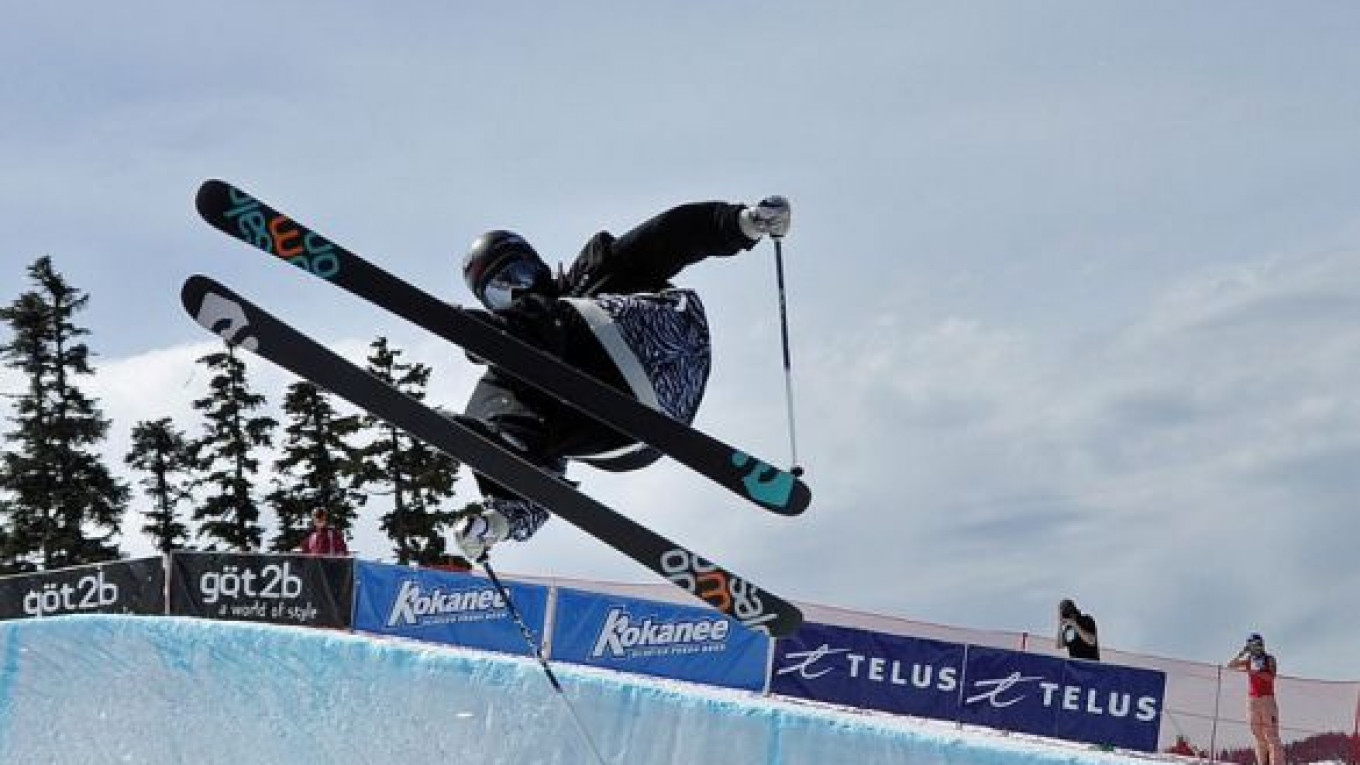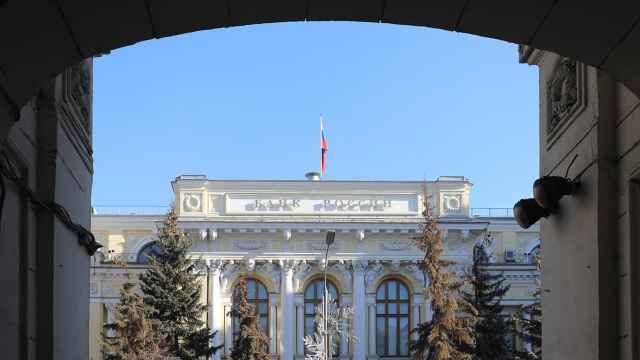In the halfpipe event, the athletes are judged on the creativity, difficulty and precision of the tricks they perform on a concave course, and with the onus on competitors to push the envelope, accidents are more likely than in other skiing disciplines.
The weather at the Rosa Khutor Extreme Park has made matters even more complicated, with intermittent rain at times leaving a layer of slush on courses.
British skier Rowan Cheshire was knocked unconscious during training on Sunday and was forced to withdraw from the half-pipe event.
Cheshire, 18, who won her first World Cup event in January, was thought to have an outside chance of winning a medal on Thursday, but doctors ruled out her participation after she failed to recover from concussion in time.
Cheshire is one of a several athletes whose Olympic participation has been cut short by injury in Sochi.
In the most serious incident to date, Russian skier Maria Komissarova broke her spine on Saturday after falling while training for the ski cross event.
Komissarova underwent a 6 ½ hour operation in a nearby hospital before being flown to Munich, Germany, where she underwent further surgery on Monday. Doctors described her condition as grave but stable, ESPN reported.
On Sunday, two competitors were stretchered off the slopes after crashing in the women's snowboard cross seeding run. U.S. boarder Jacqueline Hernandez hit her head after mistiming a landing, while Norway's Helen Olafsen was carried off with a knee injury.
Last week, Canadian skier Yuki Tsubota fractured her cheekbone while competing in the women's ski slopestyle event, and Australia's Cameron Bolton suffered a suspected broken wrist in Tuesday's snowboard cross men's semifinal.
IOC spokesman Mark Adams on Monday acknowledged the dangers inherent in winter sports, but said that the number of injuries in Sochi is no higher than in Vancouver four years ago.
In recent years, the IOC has tried to broaden the appeal of the Winter Olympics by adding several so-called "extreme sports" to the program, with ski slopestyle and halfpipe skiing making their Olympic debuts in Sochi.
The sports' most notable casualty is Canadian skier Sarah Burke, who pushed for them to be included in the 2014 Games. She suffered a brain trauma in a training accident in January 2012, and passed away in hospital nine days later.
"These are Sarah's Olympics for sure. She was pushing hard for our sport to be here and without her I don't think half-pipe or slopestyle for skiing would be where they are today," Canadian skier Mike Riddle said after taking silver in the men's halfpipe, The Globe and Mail reported Tuesday.
American skier Maddie Bowman, who tops the Association of Freeskiing Professionals' rankings for women's halfpipe, is expected to challenge for gold on Thursday.
Qualifiers for the women's ski halfpipe start at 6:30 p.m., with the final scheduled for 9:30 p.m.
A Message from The Moscow Times:
Dear readers,
We are facing unprecedented challenges. Russia's Prosecutor General's Office has designated The Moscow Times as an "undesirable" organization, criminalizing our work and putting our staff at risk of prosecution. This follows our earlier unjust labeling as a "foreign agent."
These actions are direct attempts to silence independent journalism in Russia. The authorities claim our work "discredits the decisions of the Russian leadership." We see things differently: we strive to provide accurate, unbiased reporting on Russia.
We, the journalists of The Moscow Times, refuse to be silenced. But to continue our work, we need your help.
Your support, no matter how small, makes a world of difference. If you can, please support us monthly starting from just $2. It's quick to set up, and every contribution makes a significant impact.
By supporting The Moscow Times, you're defending open, independent journalism in the face of repression. Thank you for standing with us.
Remind me later.






